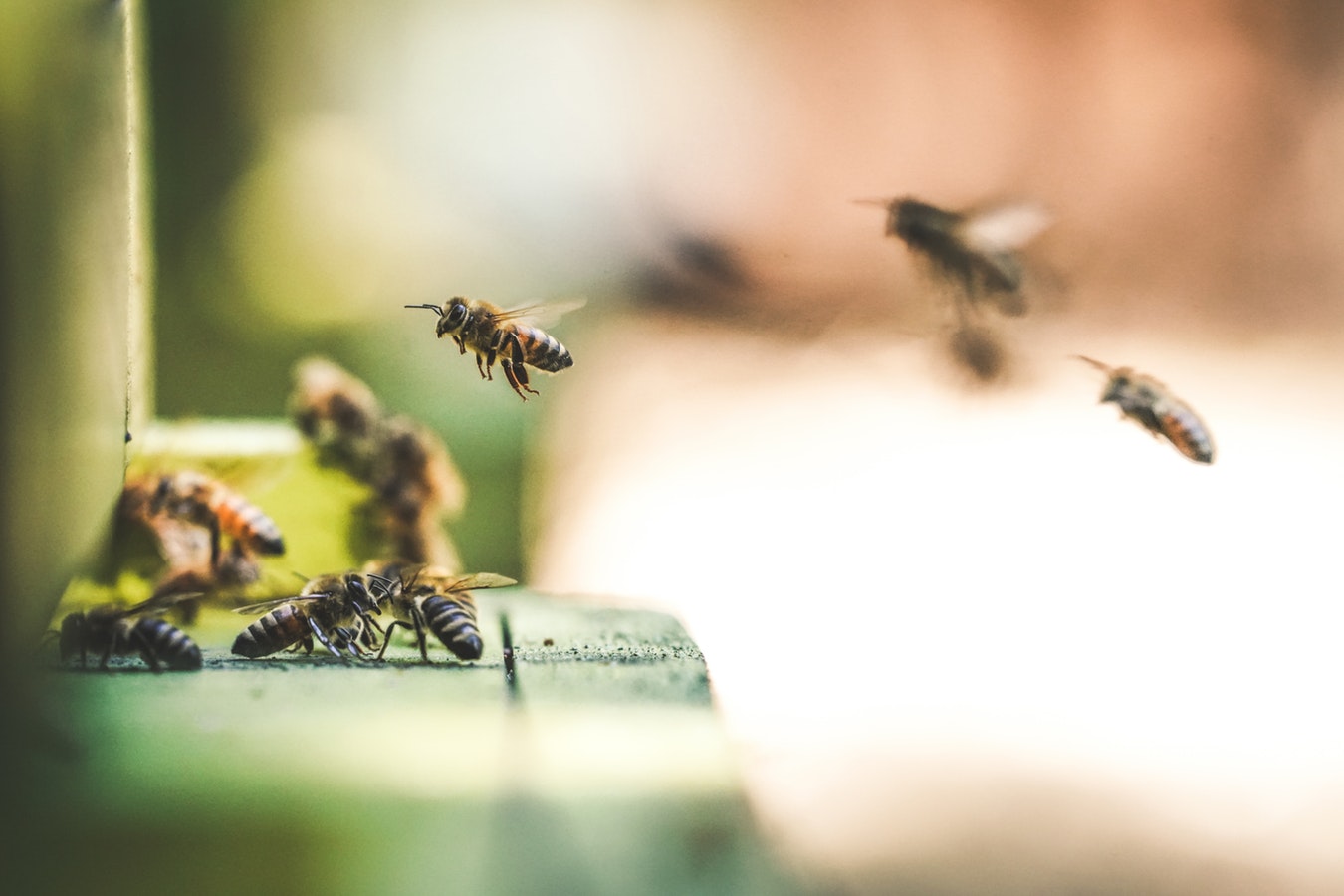High levels of gut bacteria in honeybees could mean healthier and more productive hives, according to the latest research from the University of Canberra funded by AgriFutures Australia.
While further testing needs to be carried out, the new methodology shows promise in preventing and minimising the impact of chalkbrood, a fungal disease that affects hive health and honey yields.
Commissioned by AgriFutures™ Honey Bee & Pollination Program, the research project aims to develop a probiotic product from Australian bee gut bacteria for the apiary industry.
University of Canberra’s Adjunct Associate Professor Murali Nayudu said that the latest results build on their previous research, a groundbreaking study that found bacteria could be reintroduced into the gut of diseased bees through probiotics.
“As a first step to assess the use of probiotics in bees, we needed to obtain more data on the natural variation of bee gut bacteria numbers in healthy bees over the four seasons,” said Associate Professor Nayudu.
“Our team set up two apiaries near Bega and Tharwa in New South Wales, with six hives in total. We consistently monitor these healthy hives for bacterial numbers.”
Associate Professor Nayudu said the team has developed specific methodologies for this project, which involves sampling multiple bees from each hive per time point, isolating bacteria from th bee gut and conducting analysing bacterial numbers for individual bees. From this information, the health state of the bee hive can be determined.
“This particular method has meant that we could determine whether bees had healthy bacterial numbers (10E6 per gram) or low (<10E5) bacterial numbers, with the latter seen in bees from diseased chalkbrood-infected hives,” said Associate Professor Nayudu.
“Sampling the gut bacteria of bees from a higher number of hives has enabled us to determine the overall health of an apiary, which could help predicting disease before any visual symptoms appear.”











